Massaging a Baby? – Avoid These 9 Mistakes
No culture worldwide believes in the power and goodness of messages as we Indians do. There’s nothing like a warm massage to soothe your little one and help strengthen the bond between you and your baby. What’s more, it is believed that a massage also stimulates your baby’s brain and improves digestion. Some parents even swear that a massage is what puts their baby to sleep when nothing else does. With so many benefits, it seems evident that you should massage your baby. However, recent research has revealed a really scary fact about massage and the unknowable mistake we may be committing. So, what is it that experts are warning us against? Check out the list below to see if you are making any of these baby massage mistakes.
Baby Massage Mistakes You Must Avoid
Baby massage can be a wonderful bonding experience and benefits you and your little one. By being aware of these pitfalls, you can help make each massage session a relaxing and positive experience for your baby.
1. Massaging Too Forcefully
Do you have a massage lady who massages your baby, or do you do it yourself? Regardless, remember this the next time you massage your little one: your baby is delicate and cannot handle a lot of pressure on his soft skin and newly formed bones. Make sure that the massage is gentle and comforting. After all, your baby is supposed to relax and enjoy this!
2. Massaging Against Baby’s Wishes
If while massaging your baby, your child shows signs of getting upset one time too many, stop! Proceeding to massage him in this irritated state will only frustrate and stress him out. There are other ways to soothe and bond with your baby – and you can always schedule your massage for any other day.
3. Using Harsh or Smelly Oils
Owing to the sensitive nature of your little one’s eyes, nose and skin, stay away from harsh or smelly essential oils like peppermint. Oils like these can irritate your baby’s eyes and make him cranky and uncomfortable. To be safe, opt for baby oil, which is mild and specially formulated for your little one’s skin.
4. Massaging While Doing Something Else
When massaging your kid, do not do it while you are engaged in some other activity, even if it is something as mundane as watching TV. Even a little bit of carelessness on your part may result in your baby getting scratched or poked. Maintain good eye contact with your little one, smile and talk to him lovingly to bond with your sweetheart. Not only will this be a pleasant experience for you, it will also let your little one know how much you are enjoying spending time with him.
5. Massaging in the Wrong Position
Not only is the time of massage important, but the position is important too. Ensure you sit on a flat, even surface while massaging your little one. Then, keep your baby on a soft cloth before you begin the massage. This is because if you hold your baby in your arms while massaging, he may slip and fall on the ground. Refer to this guide to get an inside view of baby massage and the best way to go about it.
6. Using Olive Oil or Sunflower Oil
Experts have warned that babies should NOT be massaged with olive or sunflower oil as this could cause long-term damage to their delicate skin. According to their research, it has been seen that such babies have an increased risk of developing eczema and other skin problems. Many parents use these oils under the wrong impression that they are safe because they are natural. Unfortunately, not all natural products are safe for your bundle of joy. These oils break down into fatty acids, which damage the skin’s structure, allowing irritants to enter and too much water to escape. This can lead to dryness, cracks and conditions such as eczema. To avoid harm to babies, until further research is available, those two topical oils – olive oil and sunflower oil – should not be recommended to treat dry skin or for baby massage.
7. Massaging Immediately After Feeding
Avoid massaging your baby right after a feeding, as it can cause discomfort or even lead to spitting up. Wait at least 30 minutes to an hour after a meal to ensure that your baby has had enough time to digest. This will make the massage more enjoyable for your little one.
8. Not Paying Attention to Temperature
Ensure that the room is warm and comfortable before beginning the massage. A cold room can make the massage uncomfortable for your baby and cause them to become fussy. Also, warm the oil slightly in your hands to avoid shocking your baby with cold oil.
9. Massaging Too Frequently
While massage can be beneficial, overdoing it can be overwhelming for your baby. Stick to a routine that your baby is comfortable with, typically once a day or every other day, to ensure that it remains a pleasant experience.
FAQs
1. Can using too much oil during a massage be harmful?
Yes, using too much oil can make your baby slippery and difficult to hold, increasing the risk of accidental drops or slips. It can also clog your baby’s pores and lead to skin irritation or rashes. Use a small amount of oil, adding more as needed, to ensure a safe and comfortable massage experience.
2. Is it okay to massage a baby when they have a cold?
While massage can help soothe a baby, it’s best to avoid massaging a baby who is unwell or has a cold. Massaging a sick baby can sometimes increase discomfort and irritability. Wait until your baby is feeling better before resuming regular massage sessions to ensure they are comfortable and can enjoy the experience.
3. How does applying pressure on the wrong areas affect a baby?
Applying pressure on the wrong areas, such as the abdomen or joints, can cause discomfort and potential harm to your baby. Gentle strokes and light pressure are recommended to avoid any adverse effects. Always focus on soft, soothing movements, and be mindful of your baby’s body language and reactions during the massage.
A massage, when done right, will help relax your baby and boost your bond. But if your baby keeps crying and resisting this, maybe you are doing something wrong. In this case, consult a professional or your paediatrican immediately to figure out what may be going wrong so you can fix it at once.
References/Resources:
1. What we know today about applying oils to newborn skin; Dermatology Education Foundation; https://dermnppa.org/what-we-know-today-about-applying-oils-to-newborn-skin/; January 2016
2. Lin. T, Zhong. L, Santiago. J; Anti-Inflammatory and Skin Barrier Repair Effects of Topical Application of Some Plant Oils (International Journal of Molecular Sciences); National Library of Medicine; https://www.ncbi.nlm.nih.gov/pmc/articles/PMC5796020/; January 2018
3. Ahmad. Z; The uses and properties of almond oil (Complementary Therapies in Clinical Practice); National Library of Medicine; https://pubmed.ncbi.nlm.nih.gov/20129403/; July 2009
4. Caglar. S, Yildiz. G, Bakoglu. I, et al.; The Effect of Sunflower Seed and Almond Oil on Preterm Infant Skin: A Randomized Controlled Trial; National Library of Medicine; https://pubmed.ncbi.nlm.nih.gov/32697476/; August 2020
5. Lestari. K, Nurbadlina. F, Jauhar. M, et al.; The Effectiveness of Baby Massage in Increasing Infant’s Body Weight; National Library of Medicine; https://www.ncbi.nlm.nih.gov/pmc/articles/PMC9309640/; January 2021
6. Infant Massage: Benefits and Techniques; Penn Medicine Lancaster General Health; https://www.lancastergeneralhealth.org/health-hub-home/motherhood/the-first-year/infant-massage-benefits-and-techniques
7. Food allergies and eczema; Oxford University Hospitals NHS Foundation Trust; https://www.ouh.nhs.uk/patient-guide/leaflets/files/103614allergies.pdf; February 2017
Also Read:
Almond Oil for Baby Massage
Mustard Oil for Massaging Baby
Health Benefits of Using Coconut Oil for Babies
Was This Article Helpful?
Parenting is a huge responsibility, for you as a caregiver, but also for us as a parenting content platform. We understand that and take our responsibility of creating credible content seriously. FirstCry Parenting articles are written and published only after extensive research using factually sound references to deliver quality content that is accurate, validated by experts, and completely reliable. To understand how we go about creating content that is credible, read our editorial policy here.






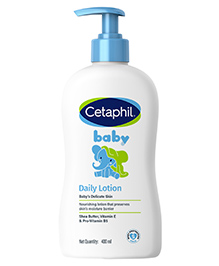

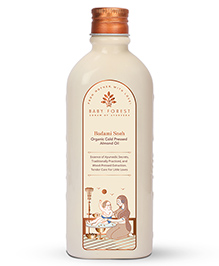
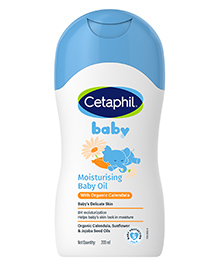

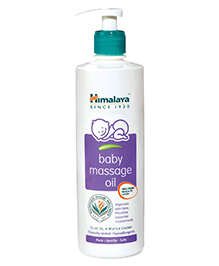
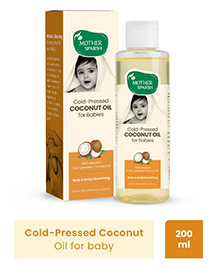
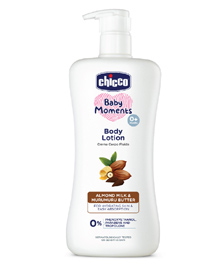
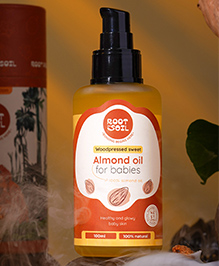
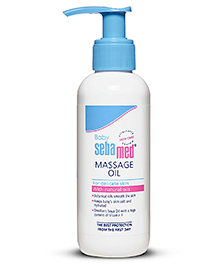




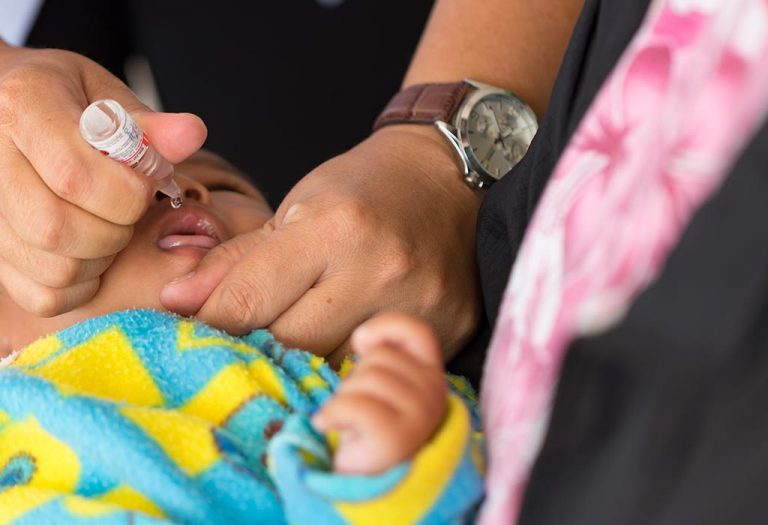


.svg)


















